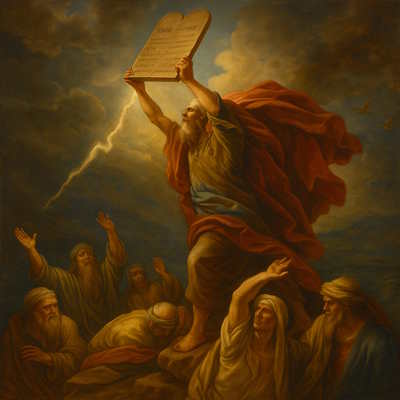
Book of Jubilees: The Complete Modern Translation
The ancient calendar text that expands Genesis and Exodus
Expected: July 2025The Book of Jubilees, sometimes called the "Lesser Genesis," is an ancient Jewish religious text that retells and expands upon the narratives in Genesis and early Exodus. Written in the 2nd century BCE, it presents itself as a revelation given to Moses on Mount Sinai.
What makes Jubilees unique is its detailed chronological framework, organizing biblical history into "jubilee" periods of 49 years (7×7). The text provides extensive details not found in the canonical Bible, including:
- Precise dating of events from creation to the giving of the Law
- Expanded stories of the patriarchs with additional conversations and events
- The origin story of many Jewish religious festivals
- Elaborate accounts of the fallen angels and their influence on humanity
- Details about the ancient war between Jacob's sons and the Amorites
Jubilees was considered canonical by the Ethiopian Orthodox Church and was found among the Dead Sea Scrolls, indicating its importance to the Qumran community. The text offers valuable insights into Second Temple Judaism and early biblical interpretation.
Jubilees provides a fascinating window into how ancient Jews understood their own sacred history, expanding biblical narratives with rich detail and establishing a comprehensive chronological framework for all of creation.
